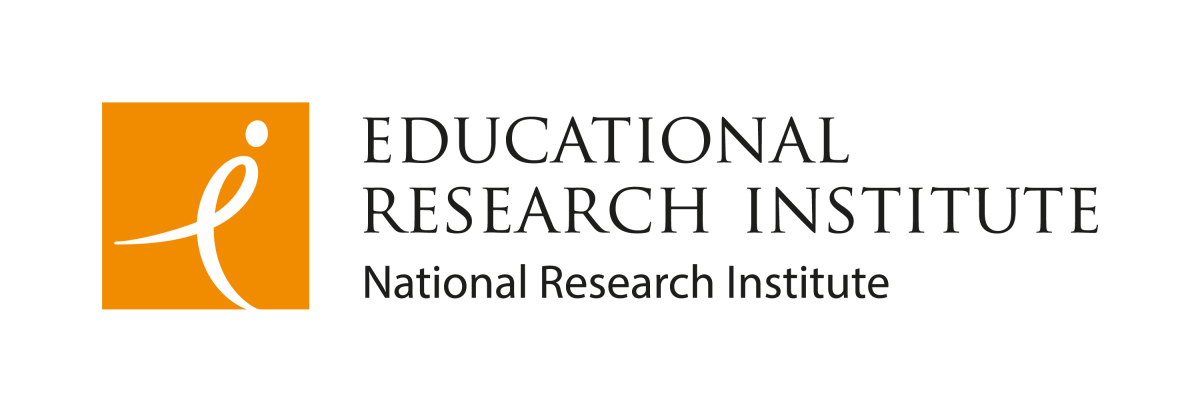- More effective evidence synthesis – all partners
Evidence needs to be able to quickly answer the questions that matter to policymakers and practitioners. One of the current challenges in summarising the evidence is that looking at the evidence base comprehensively takes a long time, but just choosing to look at a small number of studies introduces bias. The EEN is working to try and overcome this challenge by building evidence infrastructure for living evidence reviews that reduce duplication, and therefore time and cost.
The EEN focuses on reducing the time for rigorous review work in two ways: collaboration and automation.
Collaboration
Much of the evidence review work in education is duplicative. Review teams extract information on studies that then sits on computers, as new review teams waste time and money extracting the same information from the same studies. By adding extracted information to a central living database, the EEN hopes to build the infrastructure for rapid reviews.
One of the core principles behind the collaboration in the EEN is building from a shared evidence base. Over 3500 studies with information on context, methodology and outcomes underpin the “global” evidence in the Teaching and Learning Toolkit. Network members then add local studies to understand contextual variation and implementation. When EEN members add additional topics to the Toolkit or conduct other reviews, they add to the central evidence database – reducing duplication.
The aspiration is for the collaboration that is being modelled by the network to expand to other organisations conducting evidence reviews. While many outputs might be produced by different organisations for different audiences or purposes – collating and sharing the data from studies will make all evidence synthesis in education more efficient.
Automation
Alongside collaboration, the aspiration to create living reviews can be made more efficient with automation. The EEN currently works with the EPPI-centre at UCL to fund development work on automating elements of the systematic review process. The process of updating the searches for the Teaching and Learning Toolkit will be underpinned by the EPPI-centre’s work integrating the OpenAlex database within the EPPI-reviewer software.
The Future
The aspiration is to have a central living database that doesn’t just contain citation details of studies, but all the information required to quickly synthesise and understand outcomes for policymakers and practitioners.
In the future, we hope that this rich source of information can be built through collaboration and automation to capture all impact evaluations in education.
Learn more
About the project
About our members
Related projects
Making the global evidence base accessible for English school leaders and teachers
Contextualising the global evidence base for the Arab World
Developing evidence portal topics for Sub-Saharan Africa










